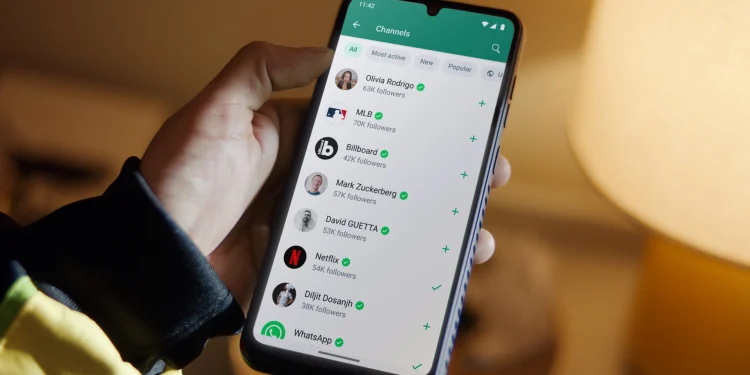Sources within Nigerian media have revealed that Meta’s giant messaging platform, Whatsapp, may withdraw from the Nigerian market after the Federal Competition and Consumer Protection Commission (FCCPC) imposed a US$220 million fine over data violation practices.
- Whatsapp had planned to appeal the decision in court last week citing that their side of the story was not considered in the three-year investigation ran by the competition authority alongside the Nigeria Data Protection Commission (NDPC).
- The investigation later established that Meta, through Whatsapp, had appropriated personal users’ information without consent.
- Meta counter-argued that they did not understand how the penalty was calculated and arrived at, and said that it would be impossible and costly for them to provide a consent mechanism for every Nigerian consumer’s data point.
“The FCCPC’s actions are based on legitimate concerns about consumer protection and data privacy and the order is a positive step towards a fairer digital market in Nigeria. Similar measures are taken in other jurisdictions without forcing companies to leave the market. The case of Nigeria will not be different,” said the FCCPC in a statement on X (formerly Twitter).
The commission also accused Whatsapp of transferring and sharing user data of Nigerians without authorization, and enforcing unfair privacy policies. This, they said, was akin to abuse of their market dominance. The regulator had also directed Meta to follow the law alongside paying the fine.
Nigeria’s Whatsapp exodus was not contemplated considering that the platform enjoys a market share of 41 million people (18.5% of the population) according to Statista. Moreover, this is not the first time Meta has been penalized over its platforms’ misappropriation of users’ data – the giant tech company notably fined heavily in the US and the EU region.
The FCCPC has also indicated that Meta’s threat to strike Whatsapp off Nigeria is an attempt to influence public opinion negatively, hoping that the ensuing rage would force the regulator to reconsider its order. The conflict is currently in court pending determination.
In June this year, Meta allowed content creators from Kenya and Nigeria to monetize their content. It is not yet clear whether this tussle will force Meta to rescind the decision in its Nigerian market as a way to further pressurize the government to minimize the penalty.
The messaging platform is banned or restricted in China, North Korea, Iran, Qatar, Syria, and the United Arab Emirates (UAE). These countries instead prefer their indigenous platforms citing security measures.
See Also:




